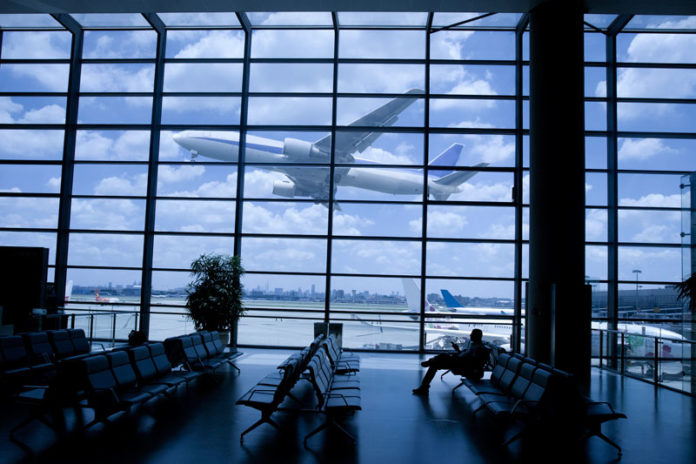Chris Roberts is one of the world’s most respected experts on airline security in the country.
In that capacity, Fox News featured Roberts in a series of reports on airline security during which he revealed some of the flaws in airline security that people with ill intent could exploit to bring down a plane in flight.
That was enough for two FBI agents and two uniformed police officers to pull him off a United Airlines Boeing 737-800 commercial flight in mid-April after it landed in Syracuse, New York.
Upon being detained, FBI interrogators spent the next four hours questioning him about cyber hacking of planes – an investigation apparently initiated just hours after Fox News published a report on Roberts’ research, in which he said:
“We can still take planes out of the sky thanks to the flaws in the in-flight entertainment systems. Quite simply put, we can theorize on how to turn the engines off at 35,000 feet and not have any of those damn flashing lights go off in the cockpit.”
Roberts, who works with Colorado-based One World Labs, is a security intelligence expert who identifies security risks before terrorists can exploit them and the insights he shared with Fox News about airline security were backed up a General Accounting Office (GAO) report released earlier this month. Roberts added:
“If you don’t have people like me researching and blowing the whistle on system vulnerabilities, we will find out the hard way what those vulnerabilities are when an attack happens…”
Moreover, it is not like Roberts operates in secret. Fox News reported that Roberts:
“…has consulted with numerous government and private clients to identify threats to financial and intellectual property, customer data and other protected information.
He also has served as both an in-house security expert and consultant on IT security, engineering and architecture and design operations for scores of Fortune 500 companies across the finance, retail, energy and services sectors.”
What makes the detention and questioning of Roberts even more puzzling is the fact that he met with the FBI at the agency’s request three times after the FBI asked for his guidance on protecting airplanes from cyber-hackers.
In addition to detention and interrogation, FBI agents seized Roberts’ various electronic devices including his laptop and thumb drives followed by a demand that he give them access to his data.
Agents wanted to “forensically image” his laptop but the device was a company-owned device with client information, research and intellectual property, some of which is sensitive in nature and encrypted. After discussing the issue with the company’s CEO, Roberts told the agents they would need a warrant. Agents did not present a warrant. An exasperated Roberts said:
“You have one element in the FBI reaching out to people like me for help, but another element doing a hell of a job burning those bridges…”
“Those of us who do threat research are doing it for the right reasons, and we work to build relationships with the intelligence community because we want to help them identify weaknesses before they become a problem.”




























